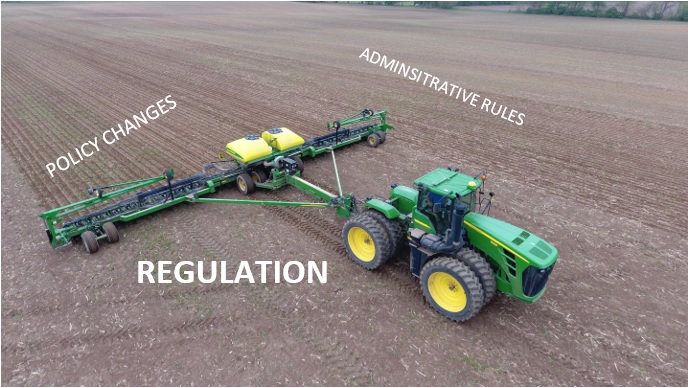
By Oregon Business & Industry,
On Nov. 21, the Environmental Quality Commission (EQC) adopted the Department of Environmental Quality’s (DEQ) latest version of the Climate Protection Program (CPP) rules. The Oregon Court of Appeals overturned a previous version, adopted in 2021, in response to a challenge filed by OBI, affected businesses and other associations. The court determined that DEQ had failed to follow its own laws regarding rulemaking processes. The ruling did not address substantive objections to the rules.
The newly adopted CPP is similar to the previous version with some exceptions. The program still lacks protections for natural gas ratepayers and customers. The Community Climate Investment Credit (CCIC) program, which provides credits regulated entities can buy if they can’t achieve required emission reductions, remains without crucial sideboards that would establish oversight of the fund’s management. The new rules shorten compliance periods, previously three years, to two years, increasing the likelihood of fuel cost increases. Natural gas utilities and transportation fuel suppliers must begin demonstrating compliance in 2025, which will significantly increase costs for fuel customers.
Energy intensive and trade exposed (EITE) businesses – primarily manufacturers – will be hit hard, but not until 2028. DEQ has promised that a future rulemaking will provide relief to EITE businesses. It should be noted that Washington, California and many countries with similar programs provide no-cost allowances each year to address manufacturing businesses that are vulnerable to competition from entities that are not subject to analogous regulatory programs.
Washington’s Department of Ecology, which administers a state cap-and-trade program, notes:
“EITEs were given special consideration by the Legislature because sudden or large changes to their operational costs could result in the business or industry limiting operation within the state, or their choosing to relocate outside of Washington…If EITEs were to limit operation within the state or relocate, it could result in the loss of local jobs and opportunity to reduce emissions overall. People in Washington may instead purchase the same goods from out-of-state companies that aren’t subject to the CCA. Washington’s emissions would appear lower on paper, but in reality, the emissions would simply be occurring in another location. This is called ‘leakage.’”
Unfortunately, Oregon DEQ has chosen to dismiss the importance of its manufacturing sector only a day after Oregon’s state economist, in a presentation to legislators, worried aloud about job losses in important sectors like manufacturing (see “Two Additional Takeaways from the Revenue Forecast” below.)
Disclaimer: Articles featured on Oregon Report are the creation, responsibility and opinion of the authoring individual or organization which is featured at the top of every article.

